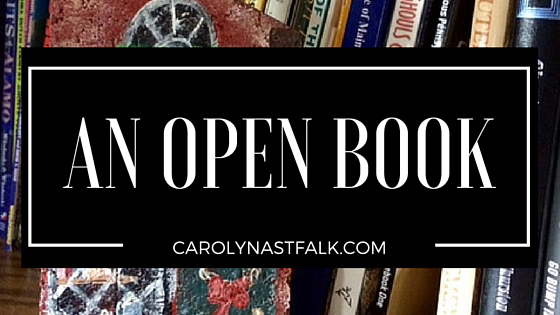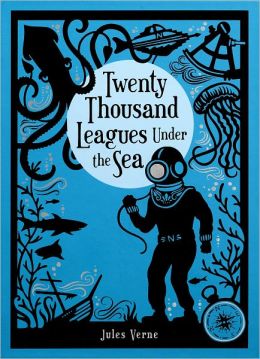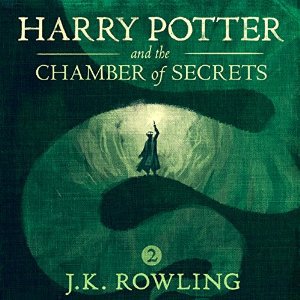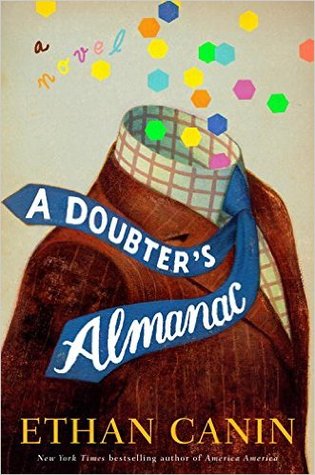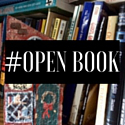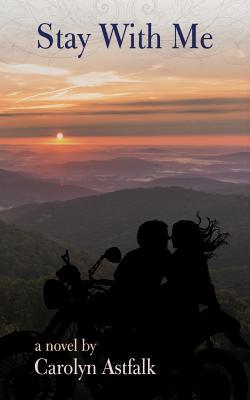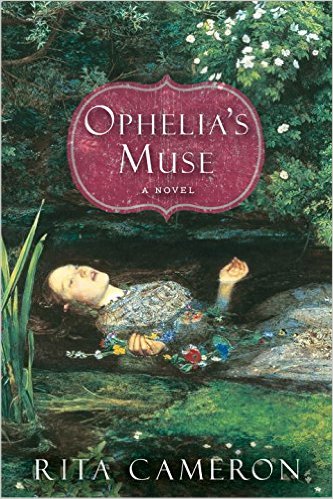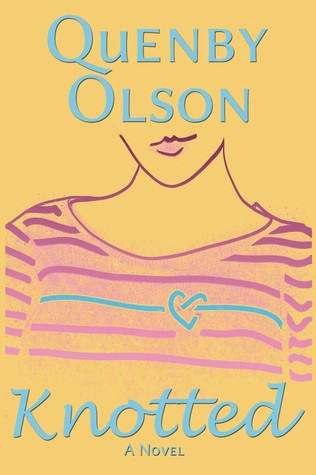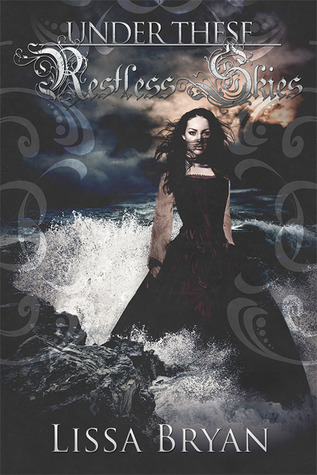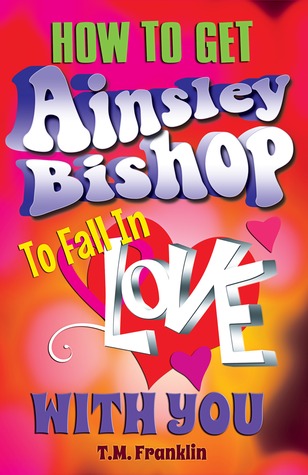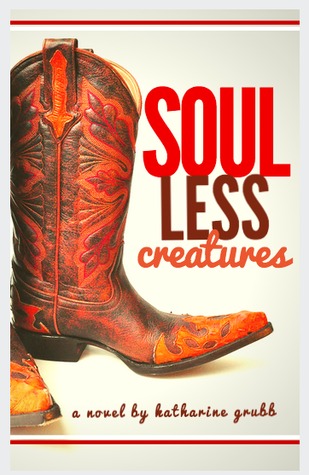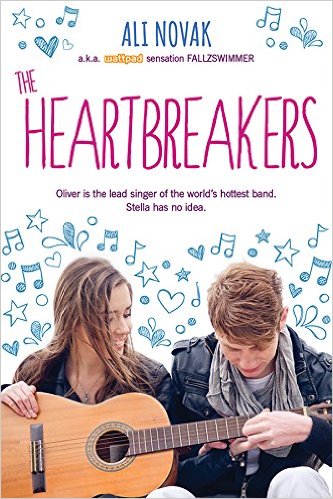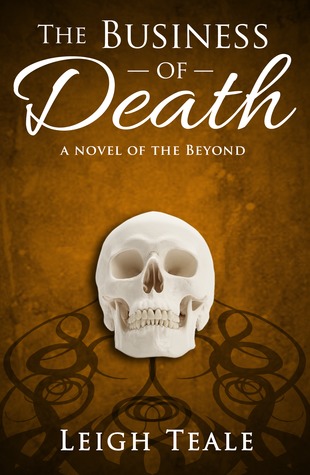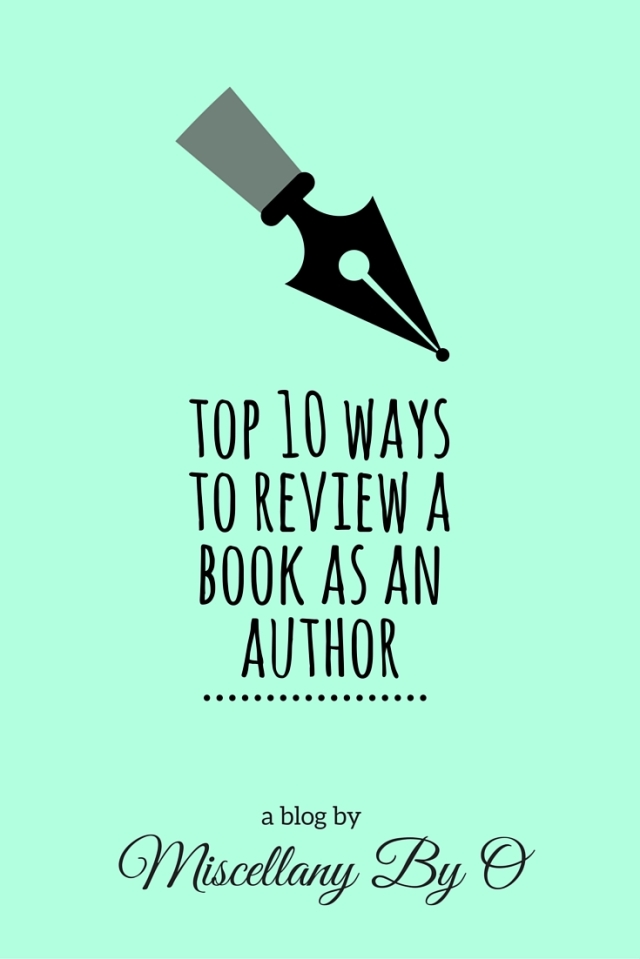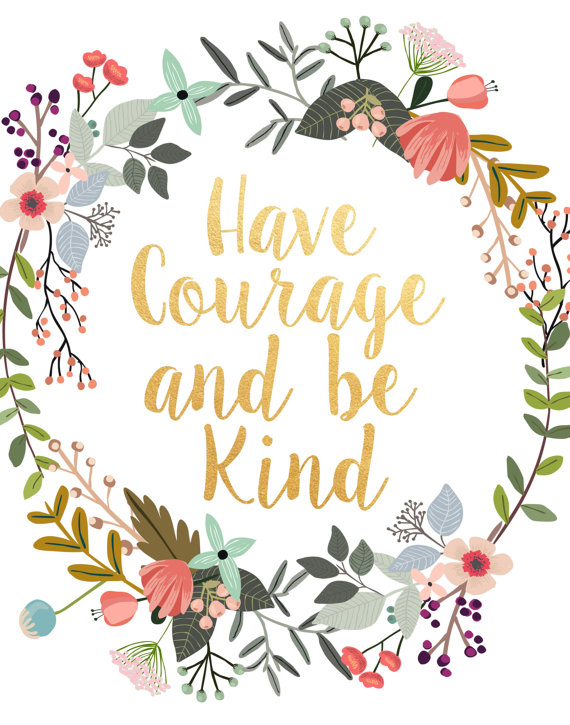Just over a year ago, I began my journey as a self-published author. I hit that “publish” button on CreateSpace, uploaded an e-formatted manuscript to Kindle Direct Publishing, and sat back and waited. I had no idea what to expect. A lot of things happened after The Partition of Africa was pushed out, both good and bad. I was prepared for neither.
The weeks following my unexpected release date were hectic and stressful. I spent several days in dread, awaiting the opinions of people who’d bought my very first novel. What if they didn’t like it? What if they did? I felt inadequately prepared to face either scenario.
Did you catch that my release date was unexpected? If you didn’t, I’ll clue you in: I didn’t mean to release The Partition of Africa when I did. I finally feel brave enough to admit that to the cyber universe. I released my book early, months earlier than I meant to, and I paid dearly for that mistake.
How does that happen? That’s a very good question. The answer is simple: I had no clue what I was doing.
When I sent the manuscript out to my beta readers, I decided to upload it to CreateSpace as well, just to see what would happen. I decided I would order a paperback proof as a keepsake. But that isn’t what happened. I was confused when I started clicking through the publishing interface, and before I knew it, my book was available on the CreateSpace eStore, and it would soon be on Amazon as well.
I could have very easily undone this mistake. I could have said, “Oh, shoot!” and made the book temporarily unavailable until I received final feedback from my beta readers, made suggested changes, and fixed typing and formatting errors. Honestly, since I was virtually unknown and this was my first book, I probably could have just not told anyone it was available, and no one would have even noticed the online listings.
I didn’t realize any of this, however. I thought pushing the book out to the marketplace was it. I thought that while I could update the interior files, I couldn’t take the listing down. So what did I do? I ran with it, and uploaded it to Kindle, too.
The ensuing days, weeks, and even months, were horrifying.
Almost immediately, I realized that the manuscript file I’d uploaded was rife with typing errors that my spell checker hadn’t caught. I stayed glued to my computer for nearly forty-eight hours, trying to fix all the ones I could find and upload them quickly enough that readers would get the updated version. To this day, the people who downloaded the Kindle version on opening day have the crappy copy. I still blush a year later just thinking about it.
Even worse than that, though, by pushing the book out early, I disrespected the people who had so kindly agreed to read my manuscript, help me find errors, and offer suggestions for story development. The worst part was that I’d already written my acknowledgements page based on what I was planning to happen, so their names were attached to a book that they hadn’t even read yet. They may have hated it, they may have wanted me to change something about it, and now they couldn’t, because it was already out there. What was the point in their reading it now? There wasn’t one.
This entire debacle, on top of some other work-related issues that happened around the same time, pushed me into a deep pit of anxiety and depression. I felt sick to my stomach all the time. Multiple panic attacks per day left me feeling drained and exhausted but kept me from getting the sleep I desperately needed. I was overwhelmed by my own ignorance, and I even worried that what I had done had damaged my future in writing altogether.
But here’s the thing. Even with all that mess, despite my carelessness and lack of knowledge when it came to the nitty-gritty reality of publishing, people loved my book.
That still blows me away. There I was, worried that every person who picked up a copy of the book would be as judgmental and uptight as I used to be when it came to reading, only to find out that most people just cared about the story. There were a few folks who pointed out the issues, of course, some with grace and some without, but overall, people said things like, “Great story!” or “I so love these characters!” The number of times I heard “So, when is the next book coming out?” was overwhelming.
So instead of packing up my laptop and never writing again, I started working on book number two.
A year later, most of the mess has been cleaned up. I’m even working on a second edition, which has benefitted from a little light line editing and the help of some awesome volunteer proofreaders from my online writing community.
So why do I choose to share the intimate details of this snafu, some of which were unknown to the public until now? And on the Internet, of all places, which we all know loves to make or break people based on one tiny incident.
It’s simple, really. I’m glad I experienced everything I experienced with that first awful, wonderful book release. Even the embarrassment, even the sleepless nights, even the depression.
First, it taught me humility, respect, and the importance of planning and organization. And it also spurred me into learning about the right way to do things, moreso than a mediocre release would have.
If you’re a writer planning to self-publish a novel (or book of any kind) in the near future, learn from my mistakes! If you’re the kind of person who likes lists (and if the Internet has taught me anything, it’s that most people do), check this one out.
1. Check your ego at the door.
So you’re writing a book. Congratulations. So are hundreds of millions of other people. This doesn’t make you special. Get rid of the chip on your shoulder and turn into a sponge. Read books about writing. Join writing groups online or in person. Soak all the collective knowledge and experience in.
Put your work out there and ask for honest feedback. Don’t get upset if it isn’t glowing. If the criticism is constructive, use it to improve your writing. If the criticism is just mean without the intention of being helpful, pick what helpful bits you can from it and ignore the rest. You can’t please everyone. You’ll save yourself lots of sleepless nights as soon as you learn to accept this.
2. Plagiarism isn’t as rampant as you think.
Okay, it is. After all, who hasn’t accidentally landed on those eBook pirating sites, or seen clearly plaigiarized stories on Wattpad? But that’s not what I’m talking about.
When I first started writing, I was terrified to share even a paragraph of a story with an online writer’s group. Publishers requesting the entire manuscript after reading the first few chapters, or bloggers agreeing to review the book in exchange for a free copy, froze me up completely. It felt wrong, even dangerous, to even think about sending out an entire manuscript to a stranger.
And you know what? It is risky to send out an entire manuscript to a stranger. But it is very, very unlikely that someone in the industry–be they book blogger, editor, beta reader, proofreader, writer, or publisher–will steal your work and try to pass it off as their own.
For one thing, legally they would have no leg to stand on, especially in this digital age. If you wrote your book in a word processor registered in your name, you have the timestamps and author information to prove it’s your work. Any professional or company would not risk the huge financial cost or loss of credibility to steal your story.
For another, what’s so special about your story that industry professionals would be clamoring to steal it? If someone likes it that much, they’ll probably just offer to publish it for you. If you are worried about bloggers and reviewers, there are precautions you can take.
If you’re worried about pirating, I hate to break it to you, but there’s pretty much nothing you can do about it. If you ever intend to release your book at all, there’s a good chance it will be pirated. I could sit here right now and pirate any of the several books on my physical bookshelves, if I had the time, patience, and drive to type them up. I could post them chapter by chapter on my blog right now, or send them in e-mails to my friends. I won’t, because I’m not a bad person, but there’s nothing stopping me.
Don’t let a few bad apples be excsues not to pursue publication, critique, or collaboration. All great things require taking risks.
3. Find a mentor.
Knowing someone who has already gone through the process of publishing is invaluable, no matter which publishing route you choose to take. Make friends with people who are several steps ahead of you and stick to them like glue. Their experience and expertise is priceless. Once you’re seasoned and experienced, don’t forget to return the favor! There is always a budding novelist in need of guidance.
4. You need an editor. Yes, you.
I don’t care what grades you made in English. I don’t care if you have a degree in English. Trust me, you need an editor. It doesn’t mean you’re a bad writer, it doesn’t mean you’re stupid, it doesn’t mean you don’t have a wonderful command of language. You’re human. It’s hard for us to judge our work objectively. A good editor sees things you’ve never even though about and works with, not against, you to create a better end result. They’re worth their weight in gold.
If you can’t afford to pay, you can usually find people who are willing to swap their services in exchange for something else, like proofreading or beta reading, or a good reference. Don’t skip this step. Just don’t.
5. Learn how to market.
As my lovely friend and fellow author Angel Leya says, “Just because you publish it, doesn’t mean people will buy it.”
This is so, so true. The fact that you wrote a book might be enough to convince your grandmother’s friends to buy a copy, but most people don’t care. They don’t know you and they’ve never heard of your hometown. It isn’t as big a deal to them. Simply making your work available isn’t enough. You have to know how to sell it.
Leave your modesty, false or otherwise, behind, or at least shove it under the bed when other people are around. When you’re asked about your book, push past the urge you might have to downplay it, smile, and talk. it. up.
Don’t be afraid to compare it to mass market books he or she might have heard of. Doing this doesn’t mean you’re bragging–you’re just helping your customer decide very quickly whether they’d be interested in your book or not.
Utilize social media and internet tools. Make friends with book bloggers. Create fun marketing graphics with Canva. Learn how to stragetically use Twitter.
6. Chill.
You will get negative reviews. Just accept it. You will, and you won’t explode into a million picees when it happens.
If you choose to read them, try to learn from them. What didn’t the person like about your book? Did they give any concrete reasons, like “The dialogue was too wooden” or “I couldn’t connect with the character at all”? If so, try to work on these elements with your next book. But if all they wrote is “this book sucks” or “I hate romance books, but I decided to try this one and I hated it because it was a romance book,” ignore it. It’s just a matter of taste.
You will never write a book that everyone will like. Jane Austen didn’t do it, Charles Dickens didn’t do it, C. S. Lewis didn’t do it, J. R. R. Tolkien didn’t do it, and J. K. Rowling didn’t do it. When you receive a negative star rating or review online, go to the Amazon or Goodreads listing for a classic or an international bestseller and scroll through the negative reviews. See how many there are. If the big guys get them, we will too. It’s okay.
7. Be prepared to work.
As I’m sure you can discern from the first six items on the list, doing this whole self-publishing thing right is hard. Sometimes, it feels like a second full-time job. Sometimes, you see someone publishing their fortieth werewolf zombie lesbian bondage shapeshifter stepbrother witchcraft erotic novella of the year when you’re still working on last year’s project, and you want to give up because they have more reviews or better sales.
Don’t.
Quality over quantity, my friends. Quality over quantity. Do your best on every single project and don’t cut corners. So what if someone else is making bank on sloppy, thrown-together crap? I can almost guarantee you they will regret it one day. If you do the best you can do, at least you will sleep at night.
This is by no means a comprehensive list. With each and every project, I learn more about every aspect of putting out a book. Five years from now, I’ll probably read over this list and scoff, saying something to the tune of, “Olivia from 2015 was so naive. She had no idea. NO IDEA.”
But for now, it’s the best I have to offer. I hope someone finds it useful.
Are you a writer who self-publishes, or has in the past? Do you have tips, too? We’d love to hear from you in the comments.
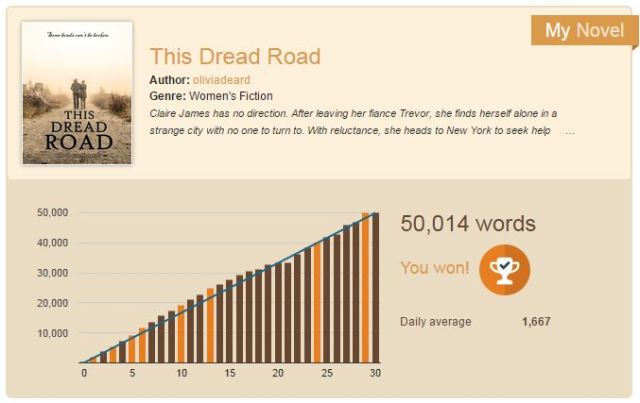
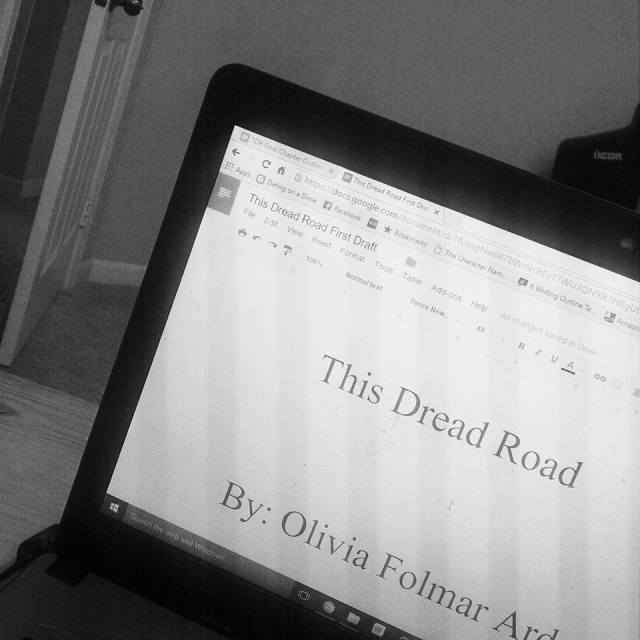

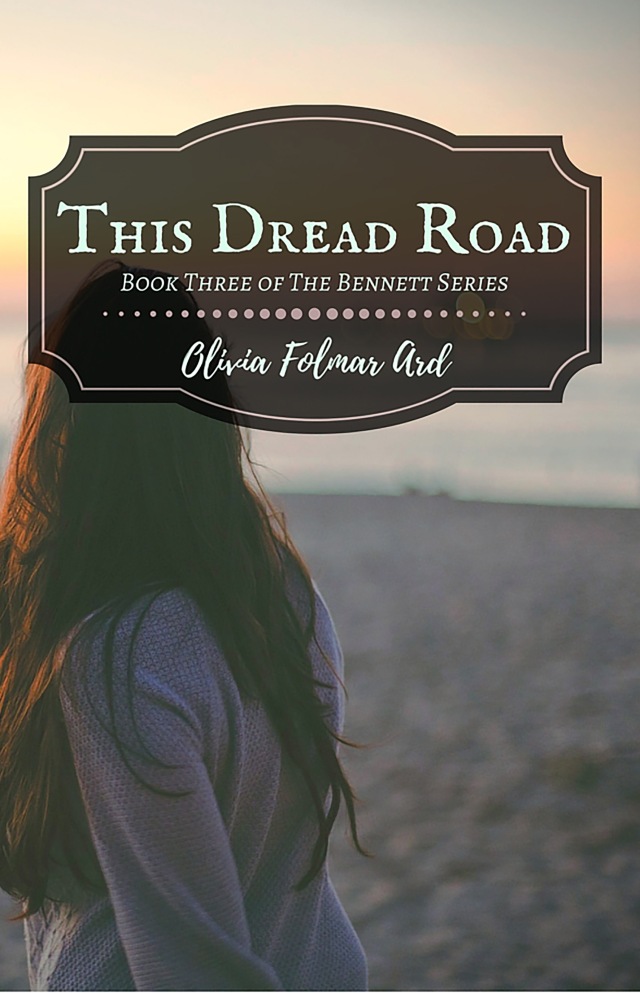
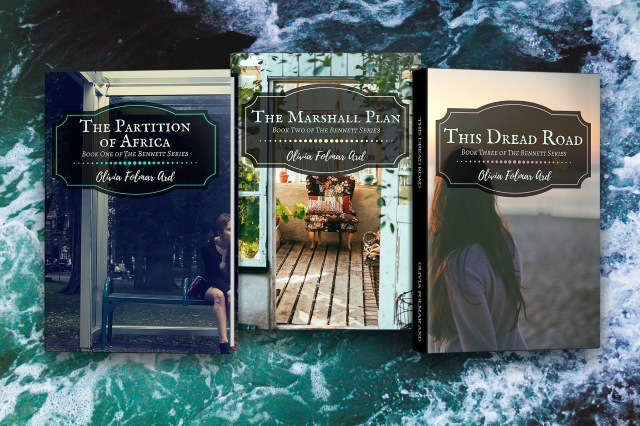

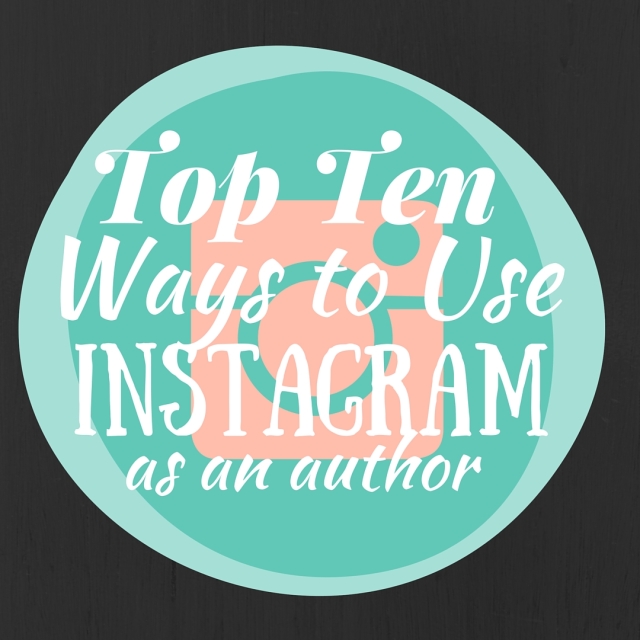 I’ll admit, for a long time I didn’t really see the point of Instagram as an app unto itself. I basically just used it as a photo editing app for everything I wanted to post to Facebook. I never only posted a photo on Instagram. I rarely added captions, and never utilized hashtags. I let people follow me and I followed them back, but I never checked the feed or interacted with others.
I’ll admit, for a long time I didn’t really see the point of Instagram as an app unto itself. I basically just used it as a photo editing app for everything I wanted to post to Facebook. I never only posted a photo on Instagram. I rarely added captions, and never utilized hashtags. I let people follow me and I followed them back, but I never checked the feed or interacted with others.